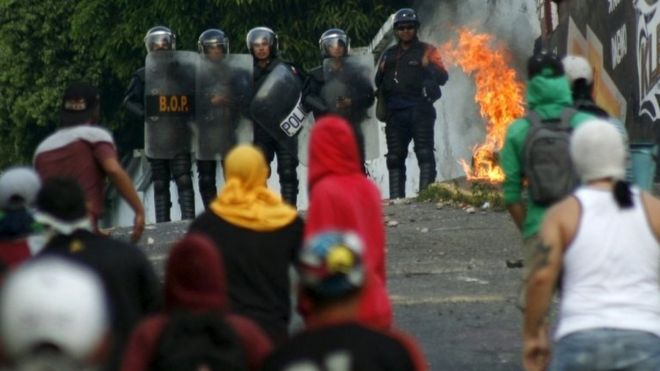By Tyler Campbell
Impunity Watch Reporter, Africa
CAPE TOWN, South Africa – A case between 4,365 South African miners and two major mining companies has come to an end after 12 long years. The two mining companies, Anglo American South Africa and AngloGold Ashanti settled the suite before it went to court for 500 million Rand ($32.5 million). The miners brought the suite because of a lung disease they had contracted while working in the companies’ mines.
Heading the case was Richard Meeran a lawyer from the UK, human rights firm, Leigh Day. Leigh Day first got involved in the case in 2012 and has followed through till its completion on Wednesday. However, much still remains to be done before sick miners receive their payouts.
Although 4,365 miners were included in the suite it is clear that not all of them will receive compensation. The money paid out by Anglo American and Anglo Gold will be put into a trust and paid out to all those who qualify. If one qualifies how much they will receive will depend on the severity of their silicosis and their age.
Meeran admits that he does not expect everyone in the class action to receive compensation. The law firm did its own sampling and estimates that just over half of the plaintiffs will qualify to receive payout. According to the structure of the trust all testing and payouts must be done within six years, but Meeran believed it should all be concluded in four.
The miners are all suffering from a condition known as Silicosis, a condition contracted from repeated inhalation of airborne dust particles. Complications of Silicosis can lead to severe respiratory disease, ultimately leading to death. The conditions created by mining are exactly the type lead to Silicosis. The two mining companies were not being sued because of creating unsafe working conditions but instead because they failed to provide the correct protective gear for their workers.
Although many human rights groups have been supportive of the settlement it may be that it does not go far enough. The deal did include a payout for affected workers but did not include an admission of liability for either company. This means that the settlement will be almost meaningless for any upcoming cases against the two companies for the same disease. One of these cases that could have bolstered by an admission of liability is currently in the South Gauteng High Court, South Africa’s superior court.
For more information, please see:
City Press – Silicosis claims: Anglo has to cough up nearly R500m – 6 March 2016
The Guardian – South African gold miners awarded £22m in compensation – 5 March 2016
SABC News – Multi-million rand silicosis settlement is a victory for human rights – 5 March 2016
Bloomberg Business – Anglo American South Africa, AngloGold Agree on Silicosis Deal – 4 March 2016

